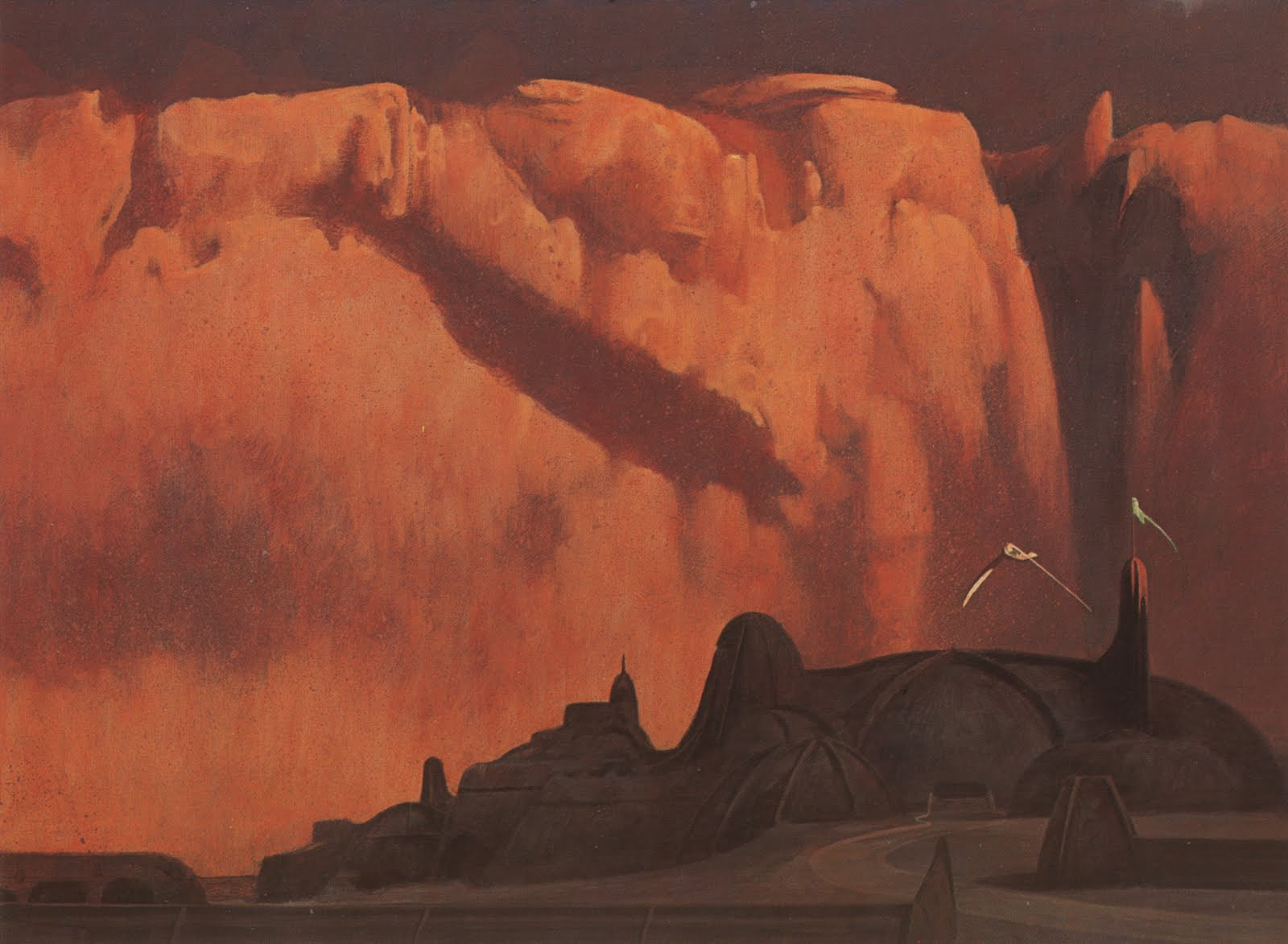Finished a Dune re-read

Dune 2 caused me to go back and re-read the novel. I don’t know how many times this is. Well north of a dozen. Maybe north of two dozen.
It’s one of those things I like to go back to now and then because it left such a big impression on seventh grade me that each re-read is a chance to see what comes up this time. Things that seemed very profound seem less so, and things I had no way of understanding jump out at me.
It’s been fashionable to trash-talk the book, and that’s fine. Most of the time it sounds like the usual presentism: Sometimes it’s people who don’t appreciate how it landed and what it meant for the genre at the time; other times it’s a legitimate reaction to some of the ick, especially around Baron Harkonnen.
As I get older, the explication does seem worse and more leaden, especially in the early going. Modern SF trusts its audience more, feels freer to just toss the reader into the deep end. It’s even part of the fun. I don’t think Frank Herbert had that luxury: The popular science fiction in the period immediately preceding Dune often had that “… except it’s in space” thing going on, like The Jetsons or something. Like, there are still newspapers in the far future.
But this re-read was enough to get me to go ahead and push on through to Dune Messiah. And, a little strangely, I’m anticipating getting through that and Children of Dune because I truly hated God Emperor of Dune as a thirteen-year-old, and have only read it once or twice since; so it’s owed a re-read. I have no idea whether I will manage Heretics or Chapterhouse. I have never touched either of the Brian Herbert sequels after reading one or two of his prequels.